How Japan and South Korea can revitalise Cambodia-US relations
Cambodia is drawing closer to South Korea and Japan in a bid to expand the country’s circle of friendly powers. Such increased engagement with US allies may get the US thinking about its approach to Cambodia, say researchers Sokvy Rim and Olivia Zeiner-Morrish.
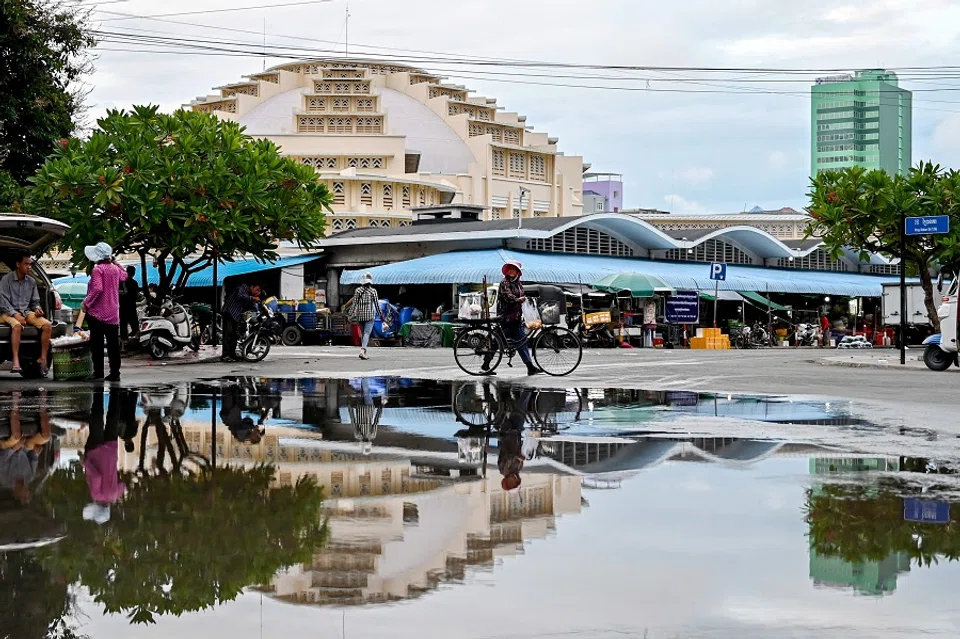
Since the inauguration of the Belt and Road Initiative (BRI) in 2013, Cambodia-China relations have improved significantly, mainly due to the increasing Chinese investment and projects in Cambodia. Simultaneously, the relationship between the US and Cambodia has severely deteriorated.
The Chinese government and some major Chinese companies are known to be involved with key infrastructure projects in Cambodia, including the Dara Sakor tourism resort, Ream Naval Base, Phnom Penh-Sihanoukville Expressway and the Funan Techo Canal.
Some of these projects raised significant suspicion and concerns about increased Chinese influence in the region — in particular from the US, which expressed defence concerns that China may use some of those facilities for military purposes.
For instance, in June 2021, then US deputy secretary of state Wendy Sherman expressed concerns about Chinese military assets in the Ream Naval Base. Similarly, in 2020, then US Secretary of State Mike Pompeo said there were “credible reports” that Dara Sakor “could be used to host (Chinese) military assets”.
... the US and Cambodia do share one key interest that can draw them strategically closer: mitigating Cambodian dependence on China.
Friends in face of a common threat
The US’s actions toward Cambodia reflects its lack of trust and mutual understanding with the Cambodian government. However, the US and Cambodia do share one key interest that can draw them strategically closer: mitigating Cambodian dependence on China.
Hun Manet’s government has thus far demonstrated its aim of diversifying foreign policy and economic partnerships outside of its close ties to China. Though Cambodia’s relationship with the US is yet to build on a sustainable foundation, Cambodia’s relations with South Korea and Japan, key US allies in Asia, are improving. This begs the question: “Can Cambodia’s close relations with the US’s key allies, South Korea and Japan, help to increase trust and mutual understanding between Cambodia and the US?”
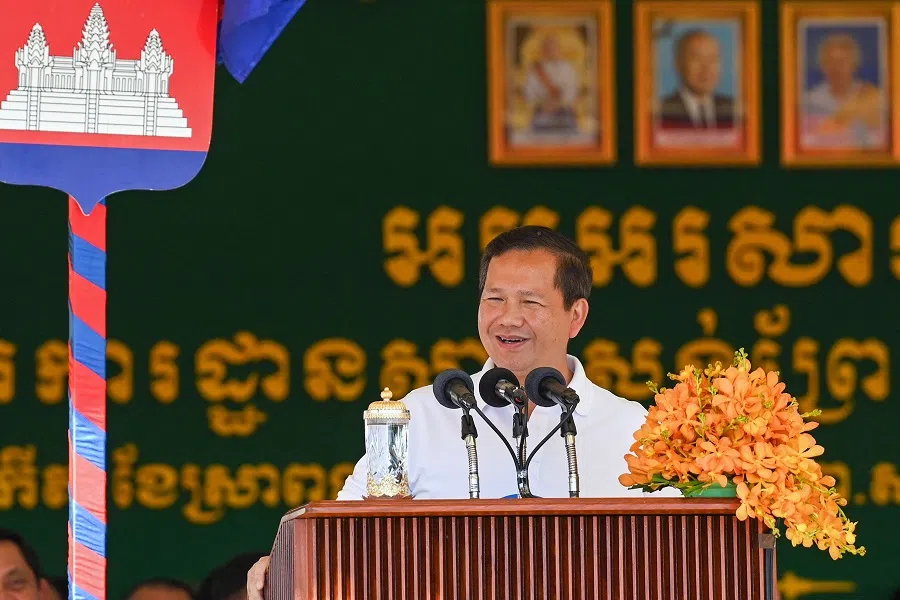
The US, South Korea and Japan have a common purpose, with the three of them trying to balance against the rise of China in Asia. This can be seen via the trilateral cooperation between the US, South Korea and Japan, including the Camp David summit between the leaders of the three countries in 2023. The rise of China is believed to be one of the key factors driving the inauguration of this trilateral cooperation.
The elevation of relations between South Korea and Cambodia shows that Cambodia aims to strengthen its relations with South Korea under the Hun Manet administration.
Paying greater attention to South Korea and Japan
While the US’s engagement with Cambodia is decreasing, South Korea and Japan’s respective engagement of Cambodia is increasing. In May 2024, Cambodian Prime Minister Hun Manet held a summit with South Korean President Yoon Seok-youl, which resulted in the elevation of relations to the level of strategic partnership.
The elevation of relations between South Korea and Cambodia shows that Cambodia aims to strengthen its relations with South Korea under the Hun Manet administration. The summit also enhanced the defence cooperation between the two countries. Both sides expressed commitment to conduct military exercises, and Cambodia also welcomed the South Korean navy to visit Cambodia’s port.
Similar cooperation is underway between Cambodia and Japan, with the relations between the two countries elevated to the level of comprehensive strategic partnership in 2023, a status reserved for Cambodia’s close allies. In fact, the Japanese navy visited Cambodia’s controversial Ream Naval Base several times including in 2022 and 2024.
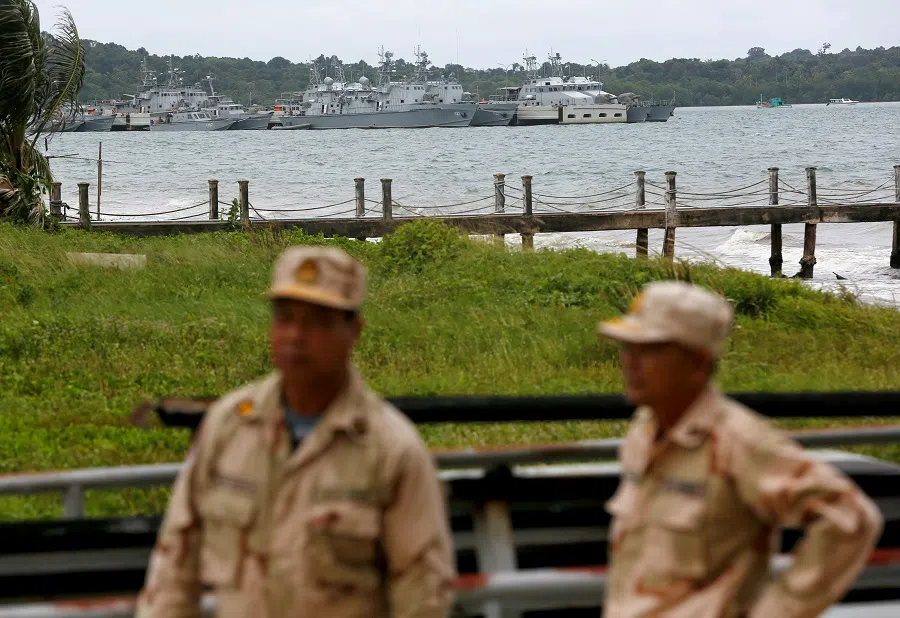
Cambodia’s relations with South Korea and Japan are showcasing Cambodia’s foreign policy position, which has several implications for Washington.
First and foremost, Cambodia is not all for China. Cambodia also exercises its own agency and tries to maximise its benefits via establishing relations with other countries. Though it is sometimes perceived to be the centre of strategic competition between the US and China, Cambodia’s foreign policy does not simply exist on a linear spectrum, with China at one end and the US at the other.
Aware of the risks of overdependence on China, Cambodia is working to demonstrate its intent and ability to take on a more nuanced role in the foreign policy landscape. This is also reflected in its exercise of agency in regard to principle-based and institutional frameworks. In 2017, Cambodia openly supported Japan’s Free and Open Indo-Pacific (FOIP) framework, despite the risk of hurting China’s “feelings and geostrategic interests”. This directly counters US perceptions of Cambodia as China’s proxy state.
US could learn a thing or two from its allies
Significantly, the approach that South Korea and Japan have taken to engaging with Cambodia stands in stark contrast to that of the US. The US has pursued an ideologically focused, “strings attached” approach to engagement, calling on Cambodia for reforms.
While the US questioned the “freedom and fairness” of the Cambodian general election in 2023, Japan is conversely “the only democratic country to support and recognise the legitimacy of the Cambodian government”. The upgraded partnerships that Cambodia has with both Japan and South Korea emphasise economic and security cooperation, rather than human rights or democracy.
... either Cambodia, to some extent, undergoes democratic reforms, or the US becomes less ideologically driven in its engagement, and more pragmatic. Neither outcome is likely in the near future.
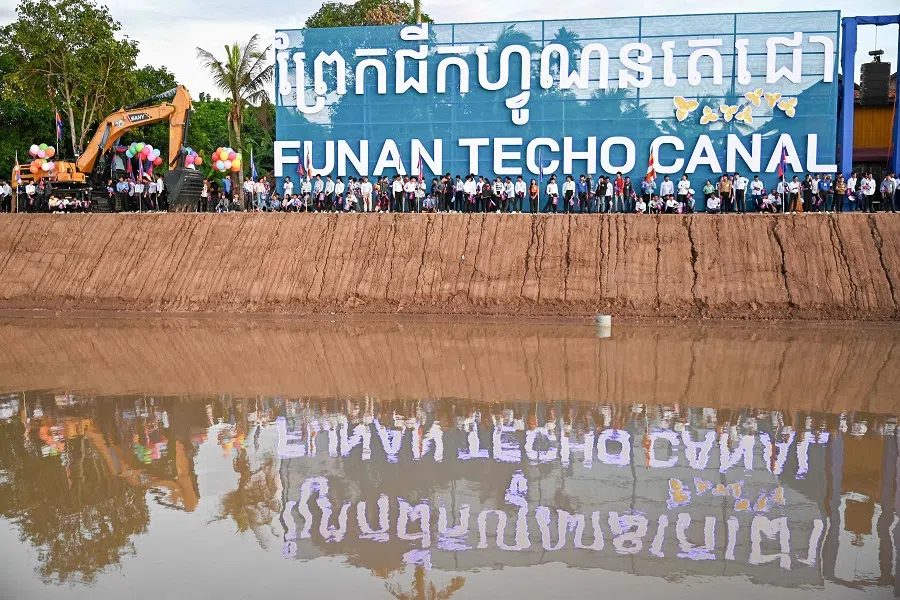
Phnom Penh’s close relations with South Korea and Japan are based on mutual trust and an understanding of the importance of increasing economic and security ties, in order to preserve Cambodia’s strategic autonomy.
The profound lack of trust between Cambodia and the US, especially following the recent Chinese-funded development projects and US defence concerns, poses one major obstacle to improving relations. In order for the Cambodia-US relationship to improve, there are two main ways forward: either Cambodia, to some extent, undergoes democratic reforms, or the US becomes less ideologically driven in its engagement, and more pragmatic. Neither outcome is likely in the near future.
However, as Cambodia continues to demonstrate a more nuanced foreign policy perspective, in which US allies Japan and Korea play a key role, the US and Cambodia could begin to repair the foundation of their relationship.
The US should take note of Japan and Korea’s successes with Cambodia, and consider policy options that would bring the US and Cambodia closer, rather than pushing Cambodia further into China’s orbit. With a greater degree of trust, the US might pursue more pragmatic policies — for example, allowing Cambodia to join the Indo-Pacific Economic Framework (IPEF) — instead of veering toward sanctions and suspicions.


![[Big read] Paying for pleasure: Chinese women indulge in handsome male hosts](https://cassette.sphdigital.com.sg/image/thinkchina/c2cf352c4d2ed7e9531e3525a2bd965a52dc4e85ccc026bc16515baab02389ab)
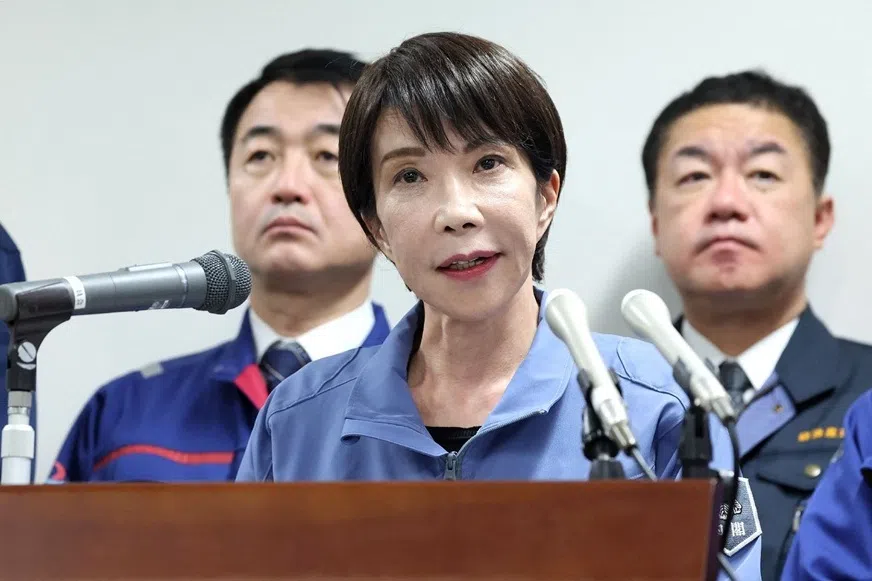

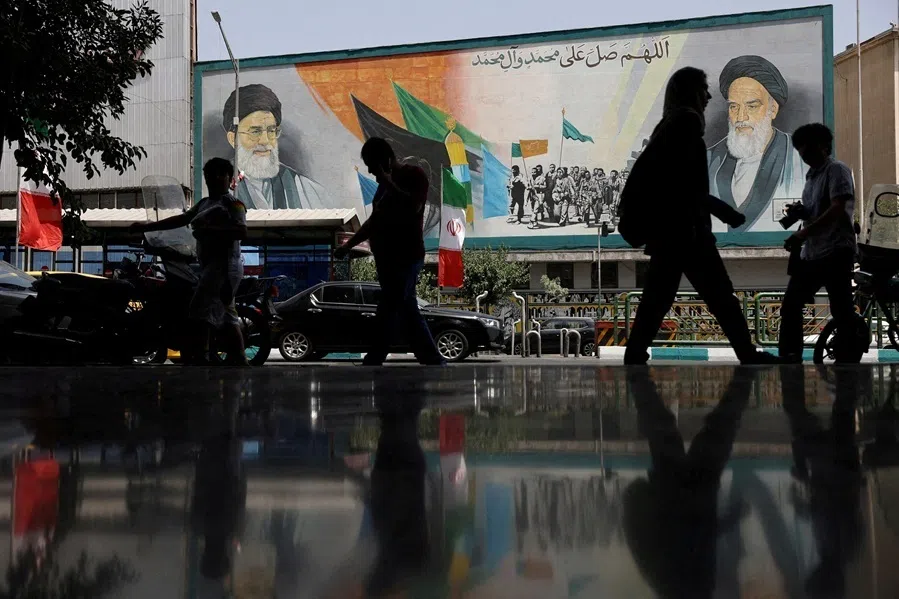
![[Big read] How UOB’s Wee Ee Cheong masters the long game](https://cassette.sphdigital.com.sg/image/thinkchina/1da0b19a41e4358790304b9f3e83f9596de84096a490ca05b36f58134ae9e8f1)